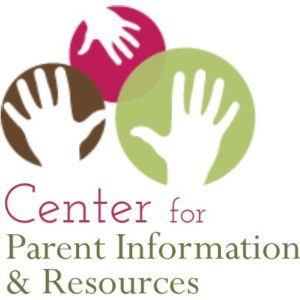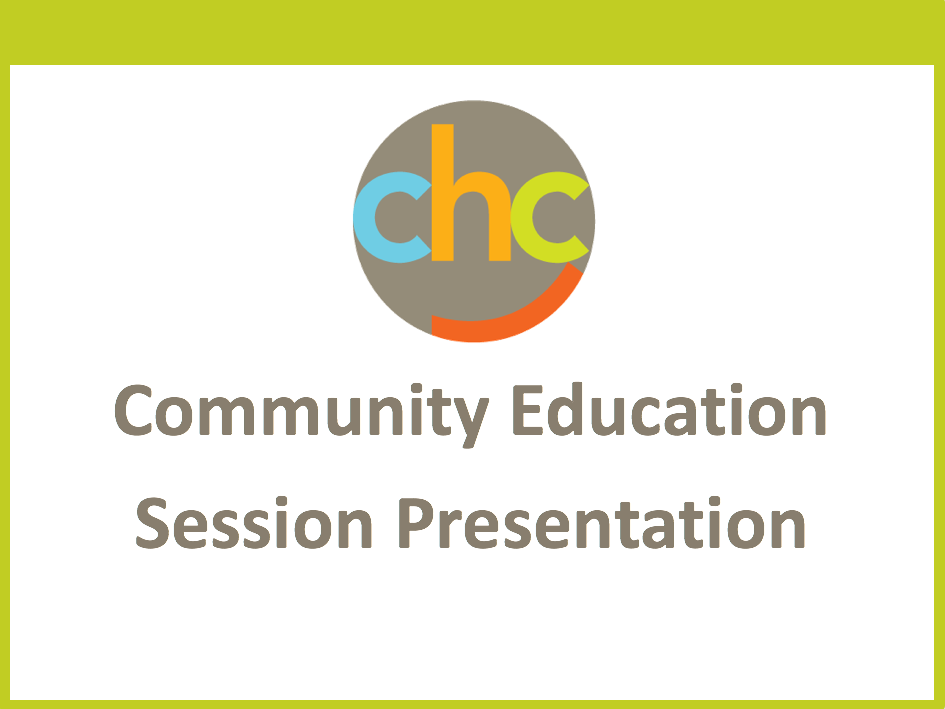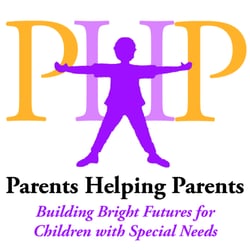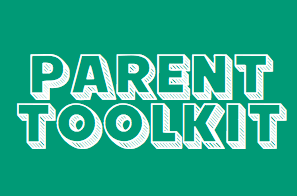Center for Parent Information and Resources [web resource]
 The Center for Parent Information and Resources (CPIR) serves as a central resource of information and products to the community of Parent Training Information (PTI) Centers and the Community Parent Resource Centers (CPRCs) so that they can focus their efforts on serving families of children with disabilities. Read more ›
The Center for Parent Information and Resources (CPIR) serves as a central resource of information and products to the community of Parent Training Information (PTI) Centers and the Community Parent Resource Centers (CPRCs) so that they can focus their efforts on serving families of children with disabilities. Read more ›




 This website is a project of the National Institute on Drug Abuse (NIDA), National Institutes of Health (NIH), U.S. Department of Health and Human Services. This site is organized to help you find what you are looking for, whether you are a teen, middle or high school teacher, or parent. The purpose of this site is to facilitate learning about the effects of drug use on the brain, body, and lives of teens.
This website is a project of the National Institute on Drug Abuse (NIDA), National Institutes of Health (NIH), U.S. Department of Health and Human Services. This site is organized to help you find what you are looking for, whether you are a teen, middle or high school teacher, or parent. The purpose of this site is to facilitate learning about the effects of drug use on the brain, body, and lives of teens. 
 Having a disability or disease doesn’t have to be isolating.
Having a disability or disease doesn’t have to be isolating.  Parents Helping Parents
Parents Helping Parents
 It may be hard at this age to engage your child in a long discussion about emotions, but taking a couple of minutes a day to ask “What made you feel good today?” or “Did anything upset you today?” is a great way to show you care. Try to avoid questions that will get a “yes” or “no” answer to create more conversation.
It may be hard at this age to engage your child in a long discussion about emotions, but taking a couple of minutes a day to ask “What made you feel good today?” or “Did anything upset you today?” is a great way to show you care. Try to avoid questions that will get a “yes” or “no” answer to create more conversation.

